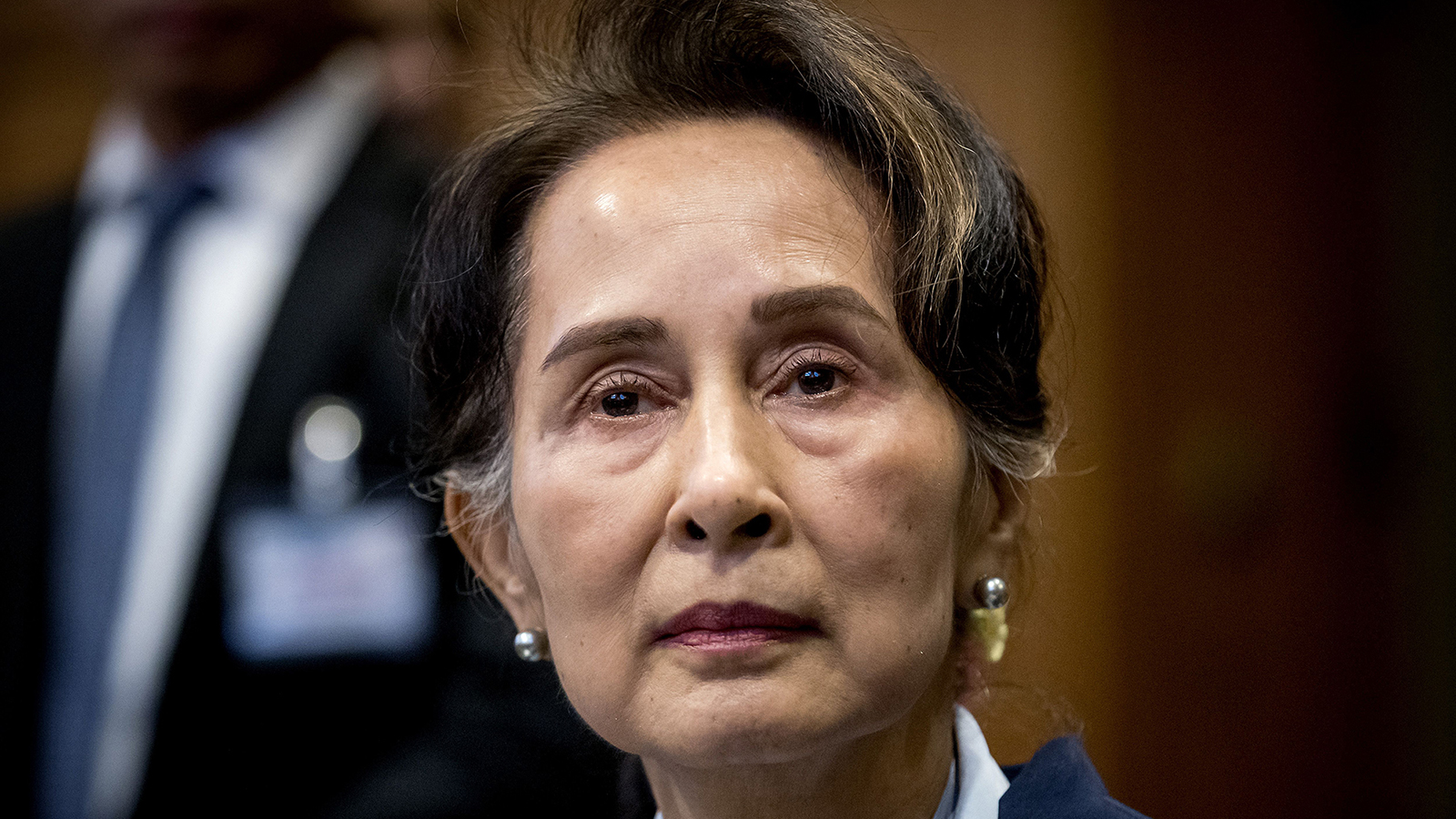
In the hunt for global talent, don’t forget Hong Kong’s own overseas students, and local workers
23 November 2022
Myanmar’s Ousted Leader Gets 33 Years in Prison, a Likely Life Sentence
29 December 2022Political Unfriending: A Comparative Study of Selective Avoidance on Social Media in Western Democracies

Principal investigator: Dr Marko SKORIC (Department of Media and Communication)
 The rise of social media has brought significant changes to the ways people communicate and interact with friends. Friends on social media platforms share their news with each other any time and make responses instantly. Thanks to these platforms, it appears that everyone can have a voice and make a comment. However, not all friends connected on social media share similar political views. When people encounter dissonant speech, the platform functions such as hiding comments, unfriending and unfollowing friends may reinforce the behaviour of selective avoidance in order to re-establish more homophilous environments online, ie, being among the groups of the likeminded.
The rise of social media has brought significant changes to the ways people communicate and interact with friends. Friends on social media platforms share their news with each other any time and make responses instantly. Thanks to these platforms, it appears that everyone can have a voice and make a comment. However, not all friends connected on social media share similar political views. When people encounter dissonant speech, the platform functions such as hiding comments, unfriending and unfollowing friends may reinforce the behaviour of selective avoidance in order to re-establish more homophilous environments online, ie, being among the groups of the likeminded.
So far only about a dozen journal publications have examined political unfriending, with the majority of studies conducted in non-Western contexts. Given the unusually contentious and ideologically polarising campaign discourses observed in recent years, such as the 2016 US presidential election, the Brexit referendum, and the 2017 French presidential election, it is vital to investigate how media-induced polarisation is affected by the political unfriending phenomena on social media, and what the predictors and prevalence are. To fill the research gap, Dr Marko SKORIC, Associate Professor of CityU’s Department of Media and Communication, has conducted a comparative study with his team on selective avoidance behaviour of social media users in three Western democracies – France, the United Kingdom, and the United States. Four hypotheses are proposed to understand the role of crosscutting discussion, confrontational discussion style, and ideological extremity in triggering unfriending and content removal on social media.
Using nationally representative survey data from France, the United Kingdom, and the United States Dr Skoric and his colleagues tested several hypotheses and research questions. According to the survey results, the US sample had the highest percentages of unfriending/unfollowing (29.75%) and hiding content (24.59%), followed by the UK sample (unfriending/unfollowing: 16.97%; hiding content: 11.82%) and the French sample (unfriending/unfollowing: 11.73%; hiding content: 12.87%). The study shows that politically motivated selective avoidance on social media is much more common in the US than in France or the UK. Confrontational discussion style was found to be a significant predictor of selective avoidance behaviours. The study also provides strong evidence that citizens who engage in confrontational and uncivil discussions on social media are more likely to unfriend, unfollow, and hide content—across all three Western democracies.
The survey proves that the US is a more polarised society as observed in recent presidential elections. Political unfriending and muting actions of the citizens in the US might serve as a homogenising force. People are likely to reconfigure their online social networks in line with the existing divides in society and, as a result, possibly move toward a more extreme version of their previous views. Behaviours like unfriending and unfollowing to some extent signal a desire for greater social distance from those whose political orientations are different from one’s own. These acts potentially lead to less densely connected citizen networks which could be particularly troubling in the case of minorities who would be more likely to exclude from the political mainstream.
The study offers fresh evidence indicating that heated political discussions happening across ideological and demographic divides may create conditions for context relapse on social media. These acts of disconnection are likely to lead to (re)emergence of more homogenous online ecologies that more closely mirror our existing offline networks. It also indicates that selective avoidance on social media could be a strategy to preserve offline relationships and maintain a positive image in public—by limiting their exposure to online disagreement, vitriol, and incivility. While citizens may be using softer avoidance strategies or even avoiding online political discussions altogether, future research should thus examine the conditions and the contexts under which social media platforms can continue to provide spaces for democratic engagement with difference.
Achievement and publication
Skoric, MM, Zhu, Q, Koc-Michalska, K, Boulianne, S & Bimber, B 2022, ‘Selective Avoidance on Social Media: A Comparative Study of Western Democracies’, Social Science Computer Review, vol. 40, no. 5, pp. 1241-1258. https://doi.org/10.1177/08944393211005468
